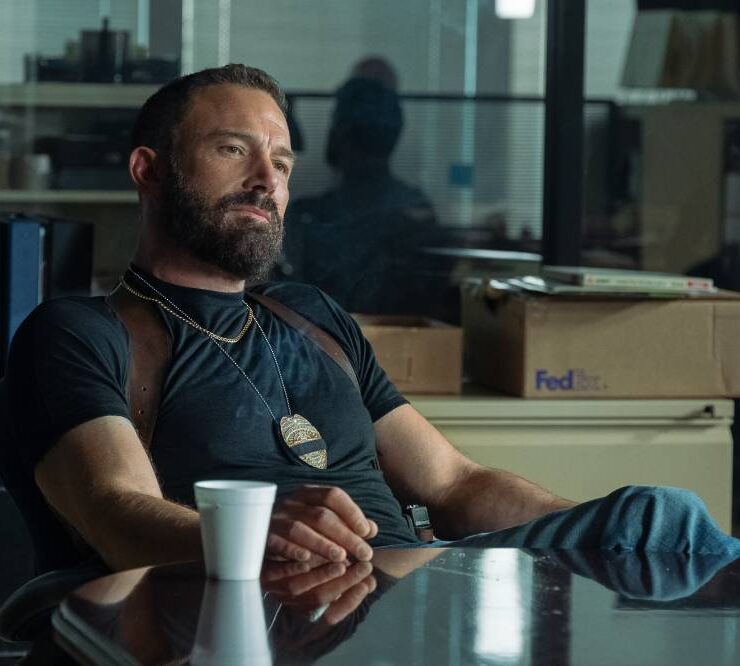‘Quezon’ and its unsightly reflection
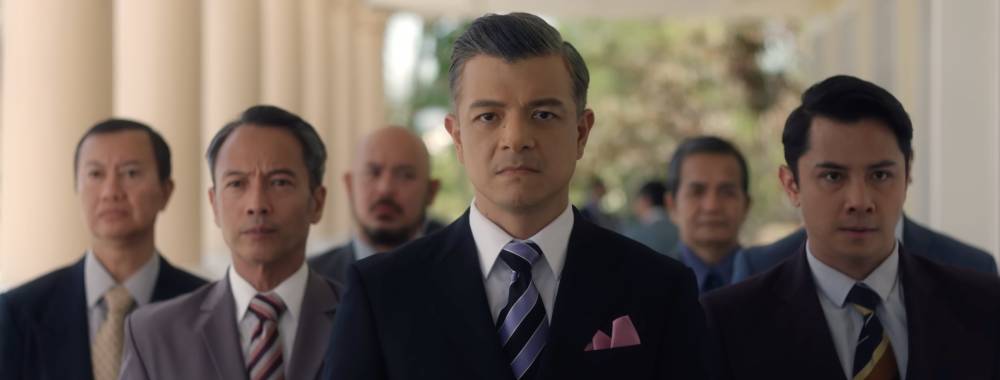
“Quezon” was always going to be a political commentary. But between “Heneral Luna” and its criticism of those who choose personal interests over the common good, and how “Goyo” depicted blind loyalty, “Quezon” didn’t have to beat around the bush to land its mark. There are no allegories, symbolisms, or wisecrack quips secretly aimed at the political elite. Instead, cold hard reality in the open—an unsightly reflection of the Philippines we live in today that makes the conclusion of the Bayaniverse trilogy as infuriating as it is entertaining.
In Nolisoli’s August cover story with Jericho Rosales, the “Quezon” lead had this to say about the film: “Expect to be shaken. Expect to be entertained. But expect that once you step out of the cinema, you will be a different person. You will carry with you a lot of questions. You will carry with you a sense of pride.”
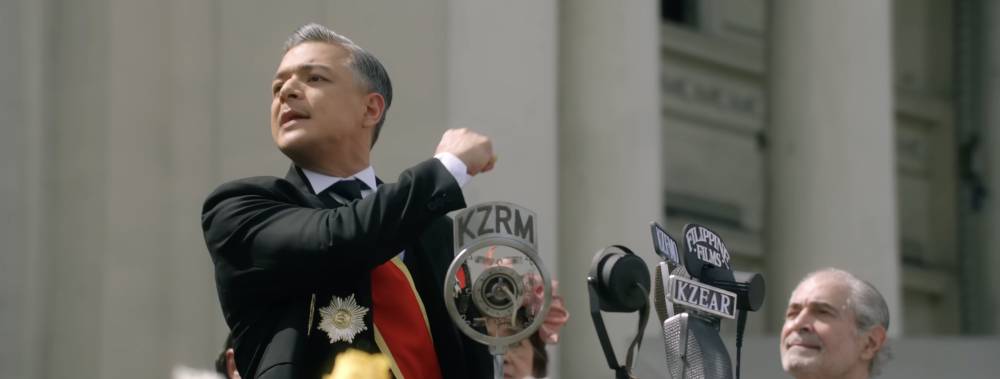
“Quezon” follows former President Manuel L. Quezon’s (MLQ) fight for Philippine independence under the United States. But where such a struggle should reflect the Filipino’s collective will and desire for freedom—rather than collaborate and join forces—Quezon instead divides and conquers in a political game only meant to satiate his lust for power.
Sounds familiar? It’s been almost a hundred years, and we’re all still playing by the same rules. Isn’t that getting a bit old by now?
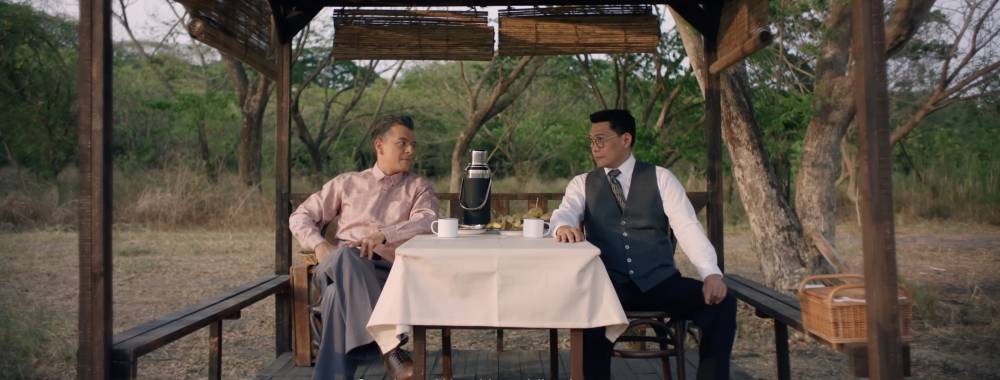
The tragedy of MLQ
As someone who stepped into Quezon’s shoes and fit in them, Rosales hit the nail on the head, showing the former president’s cunning and wit that made him so beloved to the masses, yet so polarizing and terrifying to all who opposed him.
He is a reflection of everything wrong with Philippine politics today. And like the chameleon he’s described as being, he will welcome you to his circle and show you what you can achieve if you stand by his side. But once he does not need you anymore, he will toss you by the roadside without so much as a second thought.
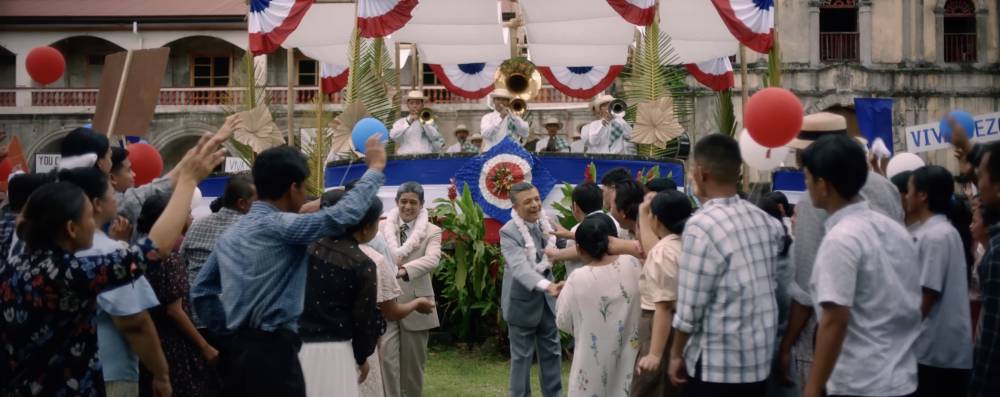
But for a man as thirsty for power as Quezon was—and despite how he got what he wanted, whenever he did—having everything was never enough for him. In the end, mortality was his greatest enemy: the final, insurmountable roadblock to a man on the cusp of complete and total victory.
“Look at that man, why did God give him such a body when I am here struggling for my life? I am Manuel L. Quezon—I am the Filipino people, I am the Philippines,“ was allegedly said by the former president, referring to Sergio Osmeña, towards the end of his life.
How much of an ego do you need to have to be able to say such a thing? How can one say that they are not only the reflection, but in fact the collective will of a nation personified? It’s hubris.
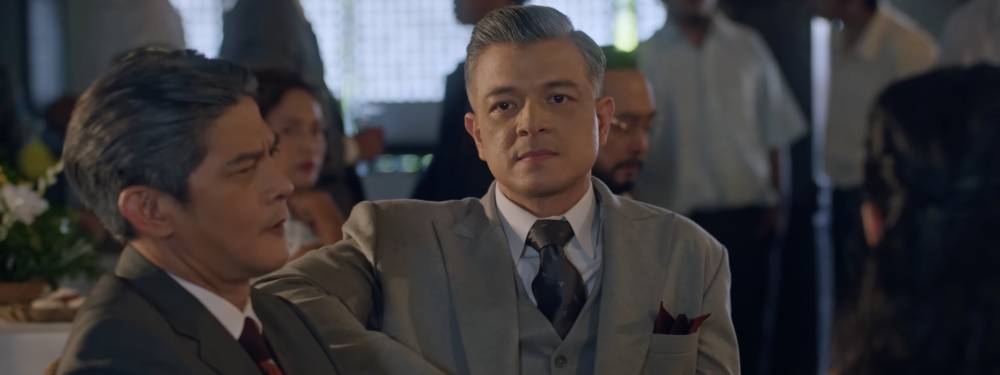
“Quezon” today
In a political landscape driven by blame, the epic conclusion to the Bayaniverse questions our place in all of it. As much as the corruption, theft, and incompetence that have overcome our political systems are controlled by forces beyond ourselves, “Quezon” shows that we have been complicit in it, whether through silence or cooperation.
When the people we’ve elected ourselves are responsible for the hardships our countrymen face every day, how can we blame anyone but ourselves? Why do we expect those who are corrupt to act any differently when we’ve repeatedly ignored those with honest intentions for our nation?
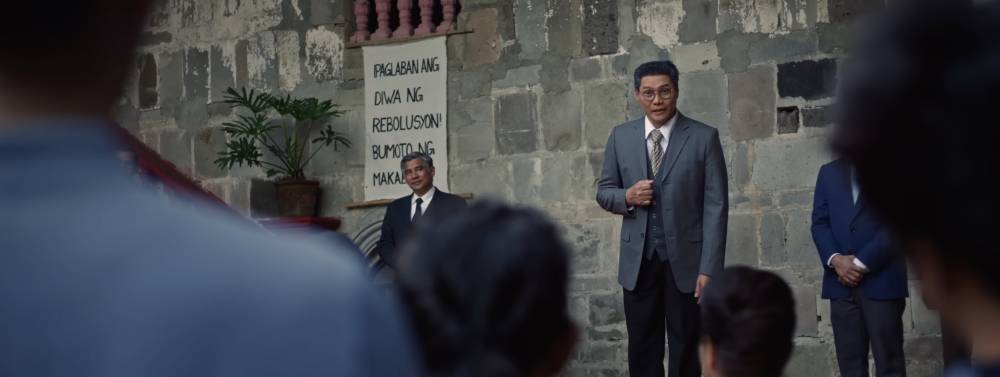
Whether it be the billions of pesos government officials and contractors have pocketed through flood control projects, or the endless and pointless quarreling in the Senate and Congress that don’t amount to anything meaningful for the ordinary Filipino—this is all but a result of our very actions.
“You know you have everything that you need to help make a change,” Rosales said during our interview back then.
Times have changed, and we’re no longer the same Filipinos who didn’t even understand the meaning of the word “independence” during Quezon’s time. And if that’s the case, why are we still living under the conditions we were living in 100 years ago?



















